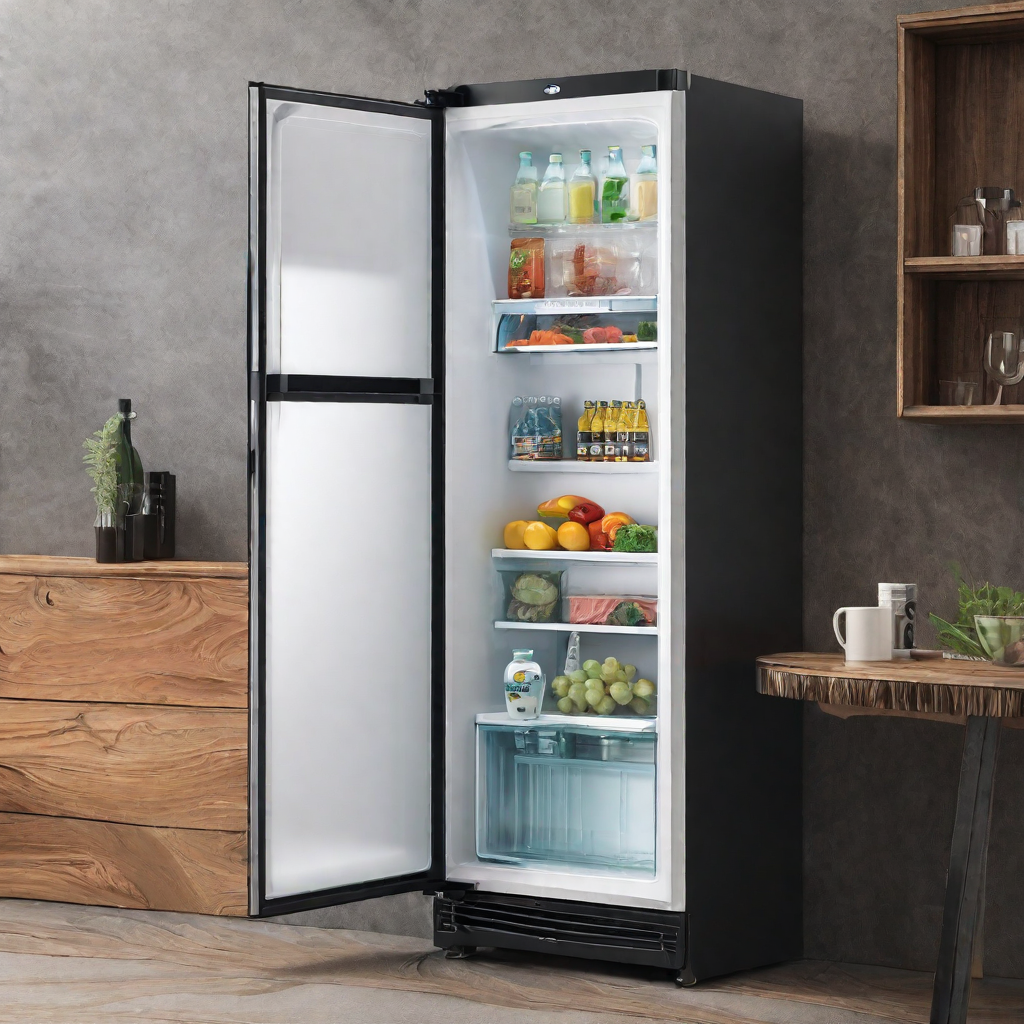We understand the frustration that comes with a refrigerator constantly tripping the circuit breaker. It’s not just an inconvenience; it can also lead to spoilage of food and unnecessary repair costs.
In this article, we’ll delve into the common reasons behind your refrigerator’s electrical hiccups and provide some practical solutions to get your fridge back in top shape.
Refrigerator Tripping Circuit Breaker: 7 Common Reasons
Refrigerator tripping circuit breaker is commonly caused by overload circuit, faulty wiring, fridge compressor issues, overloaded or aging fridge.
Now we have answered the main question let’s dive into troubleshooting.
1. Overloading the Circuit:
One of the primary reasons your refrigerator might be tripping the circuit breaker is overloading. Refrigerators require a dedicated circuit to ensure they have a stable power supply. If your fridge shares a circuit with other high-wattage appliances or devices, it may exceed the circuit’s capacity, leading to tripping.
Possible Solution:
Check the other devices connected to the same circuit and consider redistributing them to different circuits. If possible, have a dedicated circuit installed for your refrigerator.
Connect with an Appliance Repair Technician
Click here to use the chatbox to speak with one of our friendly technicians
No in-home service calls. No appointments.
2. Faulty Wiring or Outlet:
Faulty wiring or an inadequate electrical outlet can also contribute to your refrigerator causing the circuit breaker to trip. Damaged wires or loose connections increase the risk of electrical shorts, disrupting the power supply.
Possible Solution:
Inspect the wiring and outlet that your refrigerator is plugged into. If you notice any signs of wear, tear, or loose connections, consult with a professional electrician to repair or replace the faulty components.
3. Compressor Issues:
The compressor is the heart of your refrigerator, responsible for maintaining the right temperature. If the compressor is faulty, it can draw excessive power, causing the circuit breaker to trip.
Related Articles:
- Main Components of a Refrigerator 101: (Beginners Guide)
- Refrigerator Compressors 101: Simple Answers
Possible Solution:
If you suspect an issue with the compressor, it’s advisable to seek the assistance of a qualified appliance repair technician. They can diagnose the problem, repair or replace the compressor, ensuring optimal performance.
4. Refrigerator Overload:
An overloaded refrigerator can also strain its components, leading to increased power consumption. This can trigger the circuit breaker to trip, acting as a safety measure to prevent electrical hazards.
Possible Solution:
Review the contents of your refrigerator and ensure it’s not packed to the brim. An organized and well-arranged fridge allows for proper air circulation, reducing the workload on the compressor.
Connect with an Appliance Repair Technician
Click here to use the chatbox to speak with one of our friendly technicians
No in-home service calls. No appointments.
5. Aging Appliances:
As appliances age, their components may wear out or become less efficient. An older refrigerator may experience issues that lead to increased power consumption and, subsequently, circuit breaker tripping.
Related Articles:
- Main Components of a Refrigerator 101: (Beginners Guide)
- Refrigerator Compressors 101: Simple Answers
Possible Solution:
Consider the age of your refrigerator. If it’s nearing the end of its lifespan, investing in a newer, energy-efficient model may be a cost-effective solution in the long run.
Final Thoughts
In summary, a refrigerator tripping the circuit breaker can be attributed to various factors, from electrical issues to appliance-related problems.
By identifying the root cause and implementing the suggested solutions, you can ensure your refrigerator operates efficiently, keeping your food fresh and your energy bills in check.
If problems persist, don’t hesitate to seek professional assistance to safeguard both your appliance and your home’s electrical system.
Connect with an Appliance Repair Technician
Click here to use the chatbox to speak with one of our friendly technicians
No in-home service calls. No appointments.
Related Articles
- Fridge Cleaning Hacks: Guide to Sparkling Fridge
- Main Components of a Refrigerator 101: (Beginners Guide)
- Refrigerator Compressors 101: Simple Answers
References

